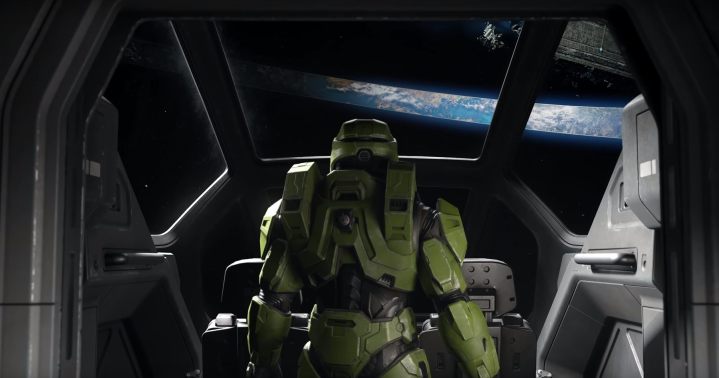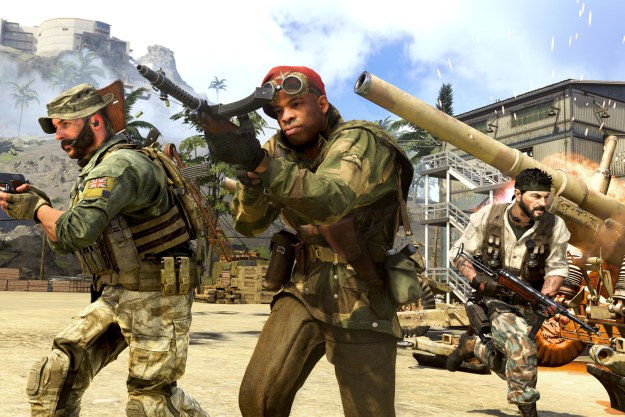
The threat of tariffs on China and the taxes impacting the video game industry have been delayed, but the threat still looms. Microsoft and Sony are responding by discussing dialing back manufacturing in China as a way to limit the impact of the tariffs if the Trump administration eventually follows through.
GameIndustry.biz reports via Nikkei that Microsoft and Sony are considering a reduction in console production in China along with other tech giants like Google, Amazon, Lenovo, and Acer looking to scale back their manufacturing in the area.
Sony, Microsoft, and Nintendo submitted a joint letter asking for a specific clause in the tariff proposal to be removed. The companies inferred a scenario that the tariffs would cause an increased cost for consumers. With the next-generation right over the horizon, this would not only hurt business now but set the next cycle of home consoles back by a large margin.
The letter focused on a subheading that specified video game consoles and machines but arcade gaming would also be impacted by the tariffs. Sony, Microsoft, and Nintendo are arguably the biggest representatives of gaming and all eyes are on them, but tariffs could send ripples all the way down to the smallest companies in the industry.
Trump recently announced intentions to delay the proposed $300 billion in tariffs. This likely sparked a sigh of relief from many potentially affected parties but changes are still being discussed. The delay could lead to significant modifications to the proposed tariffs but nothing is certain. These major tech companies seem to be preparing for a worst-case scenario and just the tariff threat alone could change the landscape of the industry.
Moving business out of China could push one side to reach an amicable deal sooner rather than later, but only if businesses are threatened on a large scale. An executive for one of the supply chains in China told the publication that “the industry consensus is to move an average of some 30% of production out of China depending on how important the U.S. market is” and that “everyone needs to come up with a plan.” The move out of China could curb the worst price increases that that tariffs will create but it’s still likely costs will be increased. China was likely the most inexpensive place to manufacture the PlayStation 5 and the next Xbox, Project Scarlett. Cultivating a new relationship with a different supply chain will come at a price.
Editors' Recommendations
- Microsoft just discovered the next big evolution in displays
- We predicted gaming’s 2023 future last December. Here’s what we got right
- For Microsoft, indies aren’t Game Pass extras. They’re the future of Xbox
- Sony just made all other wireless gaming earbuds obsolete
- Take a closer look at Sony’s special-edition Spider-Man 2 PS5




